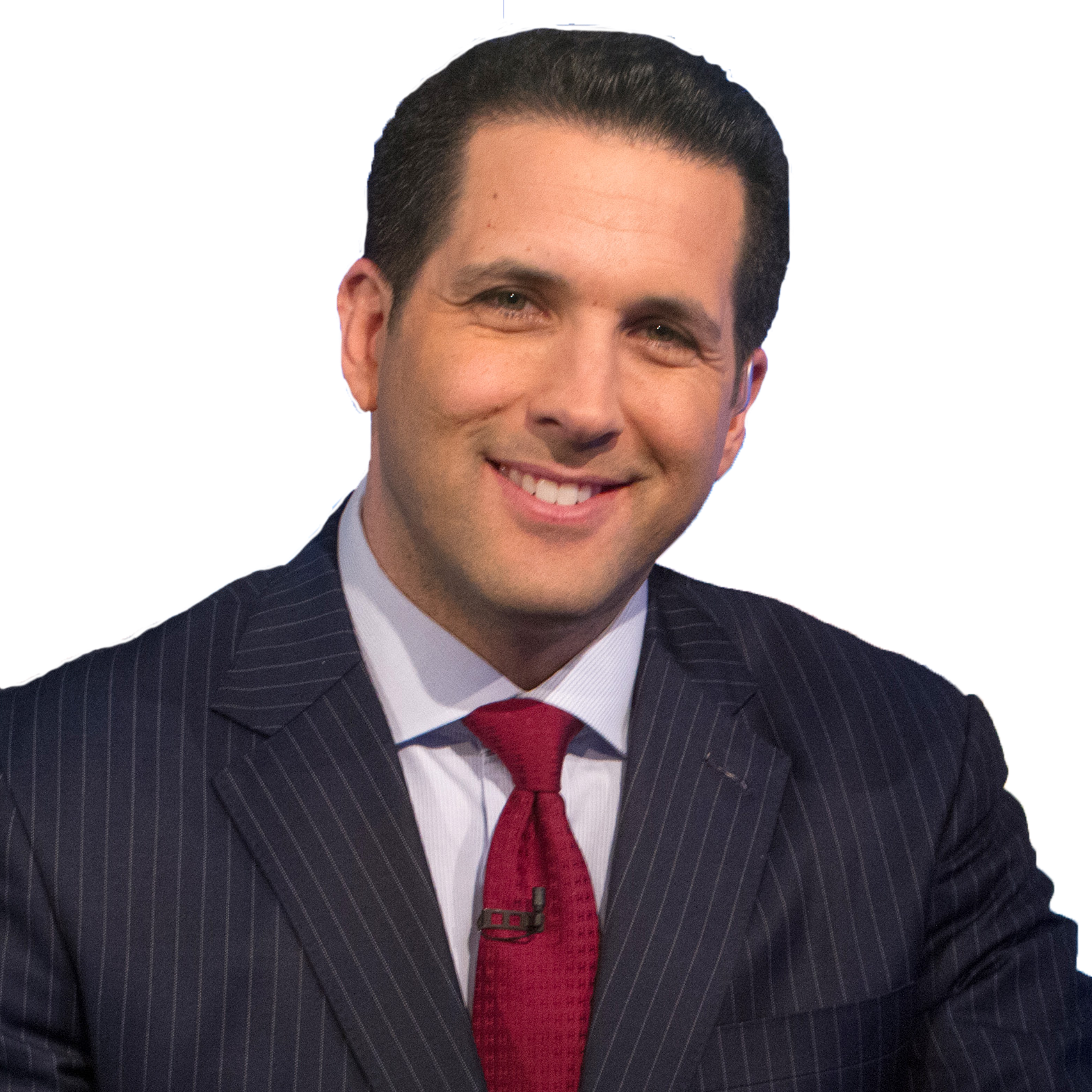
ADAM SCHEFTER
Biography
Adam Schefter, born December 21, 1966 in Valley Stream, New York, grew up in Bellmore, Long Island. While at the University of Michigan, Schefter wrote for the Michigan Daily and eventually became the sports editor, covering the Wolverines’ Rose Bowl victory and NCAA Basketball championship in 1989.
Following an internship with the Seattle Post-Intelligencer, Schefter landed his first job in 1990 with Denver’s now defunct Rocky Mountain News. He eventually became the paper’s Broncos beat reporter, and was later hired by the Denver Post in 1996.
After 16 years in Denver, Schefter transitioned from print to TV when the NFL Network hired him in 2004. He moved to ESPN in 2009, where he currently serves as an NFL Insider and is prominently featured on shows such as Sunday NFL Countdown and Monday Night Countdown.
Interviewed by Daniel Oyefusi in 2018
I can’t say I ever considered myself a writer or aspiring to write when I was in high school. It’s really just something that just came out of the blue.
I tell people all the time that I think everything that’s happened in my career has been accidental. It’s the accidental career.
When I was growing up my dad would have the New York Times and other newspapers delivered to our house. I loved reading the newspaper and combing through the sports section to find little nuggets that, when my dad got home from work, I would say to him, “You’re not going to believe this but the Knicks are trading for this guy or the Yankees are talking about this move.”
I always felt like reading the newspaper was one of the adventures of my childhood, so to speak. I loved doing it, but I really never thought that anybody actually did that for a living. As odd as that sounds, as unrealistic as it sounds, I thought that was a job that “other people” did. So like I tell young aspiring journalists today: “If there’s something you want to do, you can do it. There’s nothing you can’t do.”
I really had no idea that people could make a living as a sports writer. To me, it was a job that was so far beyond my imagination as a child, I just never thought it was attainable.
There was a guy I went to elementary school with, Michael Nissenson, whose father was AP college football writer Herschel Nissenson. I remember hearing about Herschel Nissenson and thinking to myself, “That’s the coolest job ever.”
I read the sports pages and Newsday and I remember reading Tom Verducci, who is now a prolific writer for sports illustrated and on TV for Fox as a color commentator, and I can still remember some of the ledes he wrote.
I would read the writers, study the bylines, look at who did what and really developed an appreciation for various writers. Tony Kornheiser and Peter King used to write for Newsday and I’d always read them. These are the people I was reading growing up, much like I’m sure there were people who read the late Will McDonough of the Boston Globe. Will was the pioneer of TV football reporting, to me. He did the job before any of us did. We all owe him a tremendous debt, and I think of him often.
When I went to college, at the University of Michigan, I went out for a fraternity my freshman year. There were 50-70 guys going for 10 spots in the frat and I didn’t get in, I was really bummed out about that. But I figured I had to do something, I’ve always been the kind of guy that needs to keep busy, so I went down to the football office to see if they needed somebody to pick up jock straps or hand out water bottles, and they didn’t.
So I went to the basketball office to see if they needed anybody to pick up jock straps or hand out water bottles, and they didn’t. Then I said to myself, “I’ve got to do something, what can I do? Let me try the student newspaper.” And that’s how this all started. Truly accidentally.
Had I gotten into the frat, had the football office given me some menial job, had the basketball office done that, I would’ve worked there. You know I think about it now, Detroit Lions President, Tom Lewand, went to Michigan when I did and he was the guy, he did the job that I wanted to do with jock straps and water bottles.
Maybe I would’ve been involved with football if I had gotten that job, who knows? But I went down to the student newspaper and started doing that because nobody else would have me. The newspaper was the only one who opened its doors to me, and because it did it opened a whole new world.
I did everything [at the Michigan Daily]. On Sunday nights we’d have our staff meetings and they would give out story assignments for the week. When I was a freshman, or sophomore even, they would ask who wanted to do a story on Monday for Tuesday, but I would never volunteer for a story early in the week because I thought I would never have enough time to do that story.
In my 16 years in Denver working for the Rocky Mountain news and The Denver Post, I would write three or four stories in a day. But back when I was in college I was scared of writing a single story over the course of three days. It just goes to show you the more you do something, the more efficient and experienced you become, the more comfortable you become. But back when I was in college it was intimidating to me.
They started me out without a beat; they just want to see what I could do. I did a story on Stefan Humphries, former Michigan offensive lineman who went on to play on the Chicago Bears Super Bowl team, and I remember getting him on the phone and being in awe. That to me, as a guy who grew up a huge sports fan, was stunning. Now it doesn’t register at all. But back then, just to speak to someone like Humphries, who was brilliant and nice enough to take his time to talk to some young college student who was just starting out and had no idea what the heck he was doing, was amazing.
Back when I was in college, as I got further along in this journalism thing, I worked more and more for the newspaper and fell more and more in love with it.
Eventually I began to reach out to a lot of different people for advice. I would send letters off to writers, and Tom Verducci answered a letter of mine one time. The advice is all the same: read, read, read and write, write, write, read every day, write every day, but just to get a letter from him gave me that much more encouragement along the way.
While I was working at the student newspaper, I idolized Mitch Albom and Thomas George, who both wrote for the Detroit Free Press. Mitch Albom was the first writer whose work I read and fell in love with. I would read him and be blown away. Thomas George was covering Michigan sports for the Free Press, and I got to meet both of them in different ways.
When Mitch did the Bo Schembechler book, he saw me hanging around so he asked if I could help him out, and I was like “ok, how much I have to pay you to help you out.” I was his assistant research assistant, not even the regular assistant. But to be able to help him was an education in and of itself and something that was beyond an honor.
There were times when I would be in the same press box as Thomas George, which was amazing to me. He was the first person to make me realize that this profession was real. He would send me postcards, and I couldn’t believe that I got a postcard from the Final Four from the great Thomas George. That helped ignite a friendship that, to this day, still exists. If I ever have some questions or want advice I have no problem turning to Thomas now. Between Mitch and Thomas, I got an education that even Michigan couldn’t give me.
I tried to write all my columns and stories like Mitch. I think a lot of young writers do that. I tried to write like him, which I couldn’t do in a million years. That’s a mistake a lot of young writers make. Whether it’s a sports writer copying somebody at ESPN or me copying Mitch Albom. They need to find their own voice, and let that voice be heard, rather than imitate somebody else’s voice.
I spent my senior year at Michigan, rather than enjoying the fact that our football team won the Rose Bowl and our basketball team won the national championship, stressing about where I was going to get a job after graduation.
I had been Mitch’s assistant, a stringer for the Free Press, covered basketball games for the Ann Arbor News on the weekends and I was the sports editor of the Michigan Daily. You couldn’t have tried to do more than I did to get a job when I was in college. I was obsessed with finding a job, but it was a very difficult proposition. It affected my esteem, and it marred what was a great senior year. That was one of the most discouraging and deflating things I’ve ever gone through, and could ever go through.
So I spent a year looking for a job. When I couldn’t get a job, I went to graduate school at Northwestern. While I was there I worked on the weekends for the Chicago Tribune, covering all the sports nobody on their staff wanted to cover; curling wrestling, fencing, I did everything. Yet I still couldn’t find a job.
Finally, the Seattle Post-Intelligencer called me. I was so ambitious and determined that when they asked me to come out there as soon as possible to start an internship in Seattle I flew right out there, missed the last day of school and never got to attend my graduation at Northwestern. To this day it’s still one of my biggest regrets.
I went to Denver in September of 1990. I was there from September 1990 to February 2006 and I was at newspapers in Denver from September 1990 to 2004. I tell people all the time, some people have summer homes on the jersey shore or the Hamptons; I had a dorm in Greeley, Colorado. I had the same dorm room for 15 years. I loved training camp because it was one month of all access to the team. You’d eat breakfast, lunch and dinner with them. I didn’t have to pay for anything; I didn’t spend a dollar all summer.
All I did was immerse myself in football; the coaches, the players for one month a year for 15 years there was nothing else to do. And when you got home from Greeley, your house never looked so nice, your girlfriend never looked so pretty, the food never tasted so good. It made you appreciate everything that much more.
Just to show you how the different the world was then, pre-Twitter, pre-social media, back in the day; If you’re a young beat writer, you’re starting out, you’re dying to prove yourself, you’re paranoid and afraid of getting beat on stories.
Literally every morning I’d wake up to run with one of the guys that I covered the beat with — a guy by the name of Rick Morrissey — and he was a great guy to learn from. I loved Rick. He was even more paranoid than me. We would wake up to go run at six in the morning. We’d meet downstairs and the Denver Post would be delivered to the door. We’d pick it up and go right to the sports section and you’d just kind of look at the headlines to see what the other guy had.
It was like every day somebody else was taking a shot at you and you were praying you didn’t get beat on something with John Elway. Just praying every day. It was scary every morning. It was really nerve-wracking to pick up at that newspaper because you knew there’s no worse feeling than if you got beat on a news story. The news cycle was much slower then, and you had to live with it all day. It was just awful to get beat on a story.
It’s a new world for everybody. It’s a different world, and I think it’s taken some time for everybody to process how this world works. I think what Twitter has become is just a place to go get your information and to plant your information when you get it.
I remember when I first got to ESPN and Twitter came out, ESPN was trying to figure out what to do with it. They implemented a five-minute Twitter policy where you had to, once you filed the story to ESPN, wait five minutes before you could post it on Twitter. And sometimes somebody would post something and beat you in the five minutes that you were waiting. What am I waiting for? In this day in age, nothing waits. Nobody waits. And so now I get something I’ll file it to ESPN and I’ll post it on Twitter right away. It’s made everything so immediate.
The news cycle has gone from 24 hours to 24 minutes to maybe even 24 seconds. It’s incredible how quickly things turn over now. Literally I could start the day at a 9 a.m. Sportscenter, we could be hitting one topic hard and by the end of the day the news cycle has completely shifted.
Whereas, back in the day, when I was working for the Rocky Mountain News terrified of being beat on a story, the news cycle is what we picked up that morning in the newspaper until the next morning’s newspaper came out. The news cycle has gone on steroids. I wish we could drug test the news cycle. It would fail every time.
The job has never been more difficult than it is today. There have never been more people competing for news. There has never been more news spit out faster than it is. There have never been more outlets to get it faster. There has never been more pressure for more different angles and yet you’re expected to be perfect.
The interesting thing is when I was coming up, the dream was to become a sports newspaper columnist, to be Mitch Albom. That was, to me, the end game. I thought it was unattainable. I remember the TV industry was frowned upon. People that worked in TV were considered more vacuous and less thoughtful and not as intelligent. The TV business was frowned upon by newspaper people when I got into it in the early 90s.
I didn’t set out to go into TV. It’s another example of just being a total accident.
When I went to Denver I didn’t really know anybody, so on the weekends I volunteered at the local NBC affiliate. They had a show on Saturday nights called Broncos Beat and I would go in with a guy named Gary Miller, who put me on TV because they weren’t paying me anything and they needed to fill time, and I would take segments because I didn’t know anybody and didn’t have anything to do.
Little did I know, I was getting valuable TV experience. I just did it because I had nothing else to do and they had no one else to put on because no one else was willing to do it for free. So it was kind of a marriage of convenience sort of like me and the newspaper. I got to do that for a few years. The more I did it, the more experience I got and eventually, as the medium began to shift and the power of television began to grow, it became feasible for me to do it full time.
I was in Canton, Ohio for the pro football hall of fame the weekend before I was going to start at the NFL Network. I was working for the Denver Post covering the Hall of Fame festivities. The person who was supposed to do the Barry Sanders interview for the NFL Network never showed up. So they called me, and even though I hadn’t even started yet at the NFL Network, even though I wasn’t on the payroll yet, they were like “can you come down and do this.” I’m like “Yeah, I’ll be right there.”
So I rush down to go do an interview with Barry Sanders and we sat there for like 15 minutes. It was the first assignment I had ever had. We sat there, and Barry was gracious and kind and soft-spoken as he always is. I got done, and I said to the producers, “Okay what do I have to do? Do I have to transcribe this?”
I had spent 16 years on the Broncos beat transcribing tape after tape. I’d transcribed tape in the mornings. I’d transcribe tape in the afternoons. I’d transcribe tape at night. I spent my life transcribing tape, and they are like “No, you’re done. We will edit the interview if we have any questions we’ll call.” I’m like, “I don’t have to transcribe anything? I love this job.”
My contractual situation at the NFL Network came to a disappointing end. We never had a negotiation. They just made an offer that at that time I didn’t think was fair after working with them for five years. ESPN came along, made me a better fairer offer and so as much as I wanted to stay, I decided to go work at ESPN.
It wasn’t until after I got there that I found out they were including me, with Mort, on Sunday Countdown and Monday Night Countdown, the pregame shows for Sunday and Monday. I just thought they would stick me on ESPN News. I thought I’d send in news stories as I got them and do some writing on ESPN.com.
I honestly had no clue that they had the role in mind for me that they did. I think it speaks to my foolish ignorance. How do you take a job like that and not know exactly what you’re doing? That’s what I do. That’s what I’ve done my whole life.
Purely accidental. I’ve never worried, after I got my first job, about where I’d be working or what I was going to be doing. All I’ve tried to do is work as hard as I can every day and let the chips fall where they will.
My job is basically to work as hard as I can to stay on top of the NFL news. To talk to the people that I speak with, to stay current on the issues. One day a player will be arrested, one day a player will traded, one day a player will be cut, one day a player will be injured, one day a coach will be fired, one day a coach will be hired. Every day is a surprise. The thing is, the NFL is the greatest reality show going because you cannot make up the stuff the league produces.
It’s a mistake to say I want to be an anchor on TV or I want to be a sports columnist for such and such a newspaper. The thing that young people have to do is do what was told to me. Read as much as you can. Write as much as you can. Do as many different jobs as you can. Be as patient as you can, and as I wasn’t. Be as willing to go wherever you can to get a job, which I was. Just be willing to do anything and just get in the door. If you want to be the general manager of the New York Yankees one day, do whatever you can to be the guy or girl that gets the job cleaning the mailroom.
I can’t tell you the number of people I have encountered in football, who started at the lowest level of an organization, and through time with that same organization, worked their way to the top. You just have to get in the door. Figure out how to get in that door. If it means cleaning the mailroom, doing an internship, whatever it may be. And once you’re in the door, make yourself as indispensable as possible. Do whatever you can, work as hard as you can, to show them you belong, you can do the job and they can’t get rid of you.
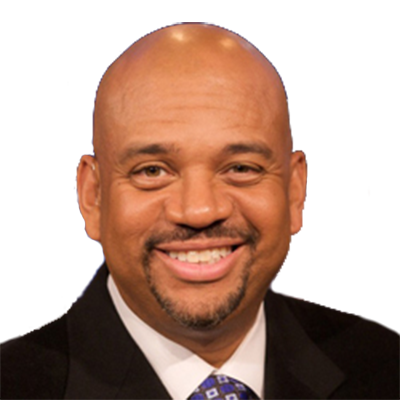 Michael Wilbon
Michael Wilbon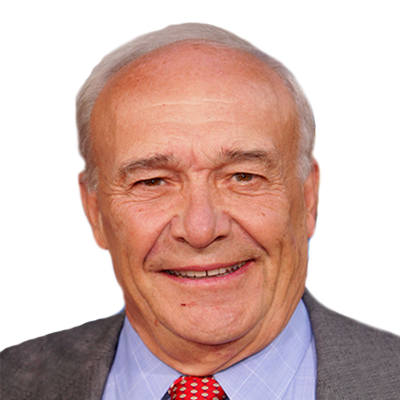 Bill Nack
Bill Nack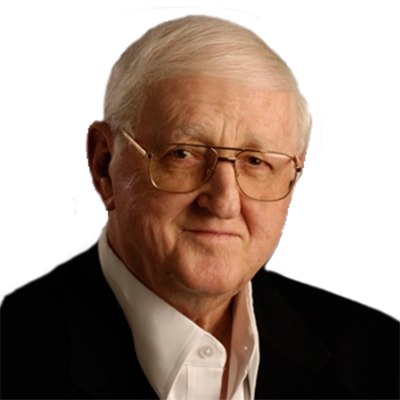 Dan Jenkins
Dan Jenkins Sally Jenkins
Sally Jenkins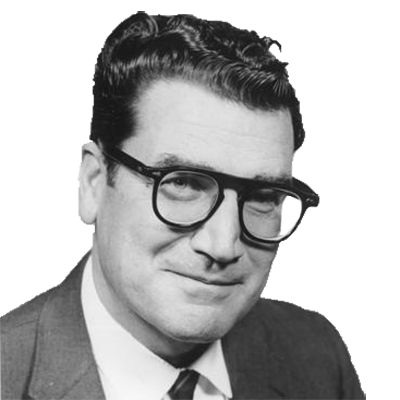 Jim Murray
Jim Murray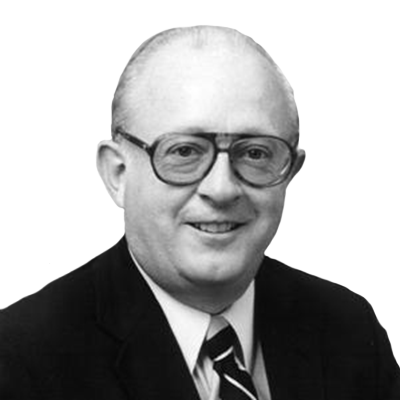 Dave Anderson
Dave Anderson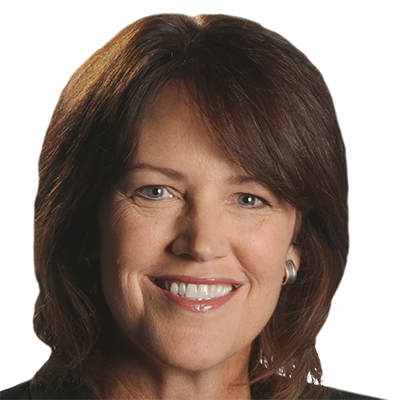 Christine Brennan
Christine Brennan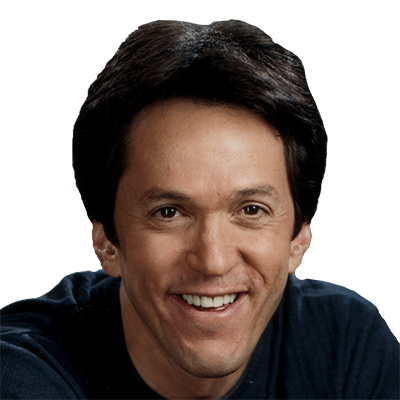 Mitch Albom
Mitch Albom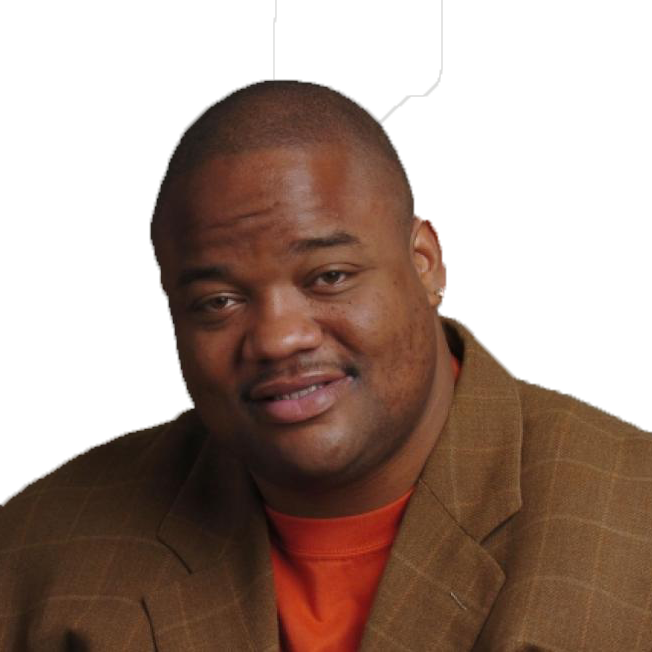 Jason Whitlock
Jason Whitlock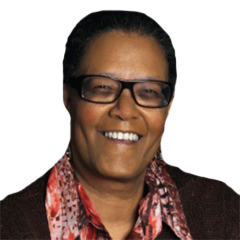 Claire Smith
Claire Smith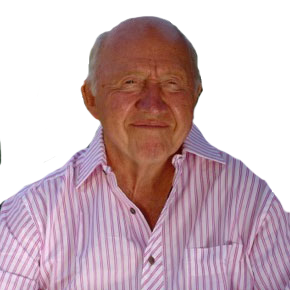 Bud Collins
Bud Collins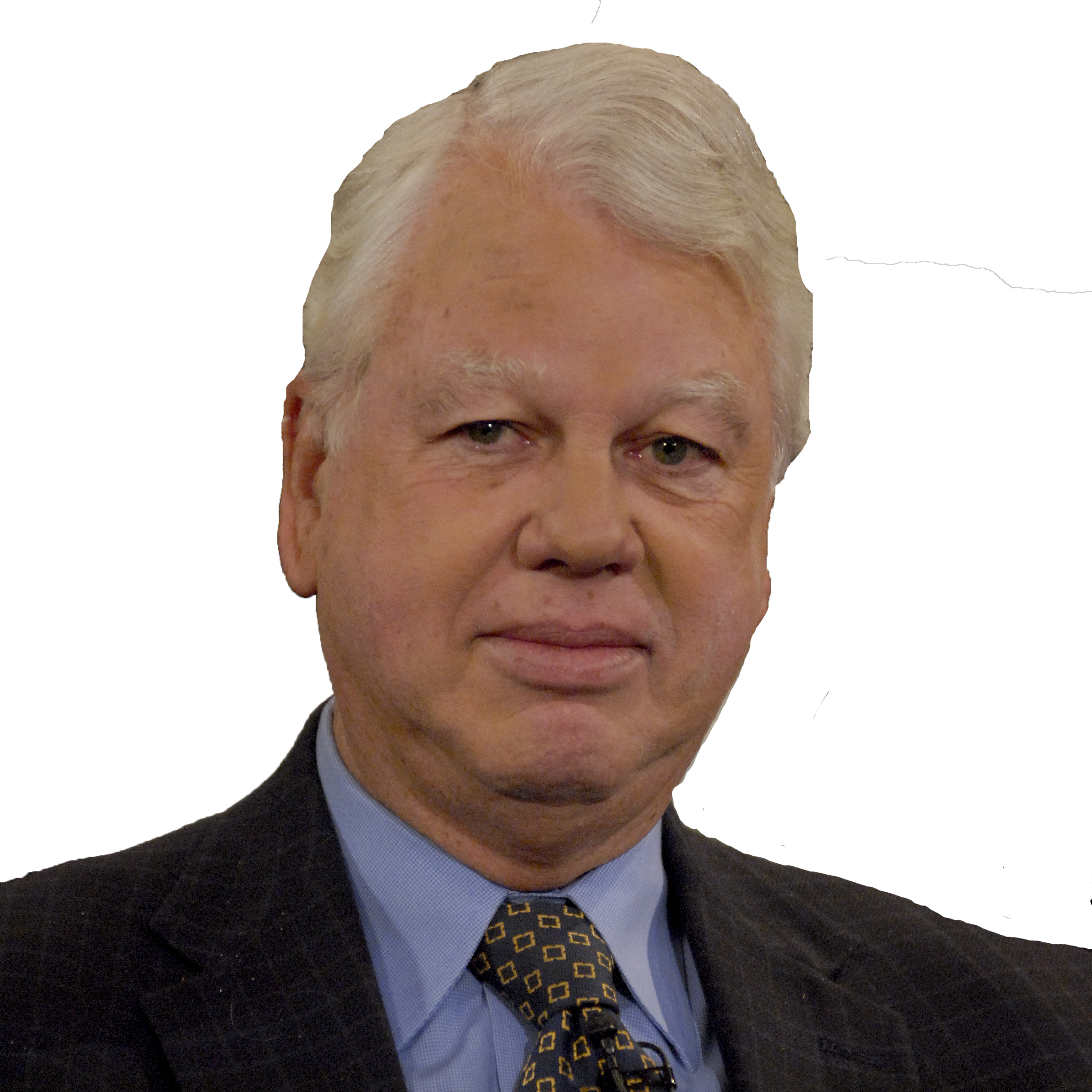 Bob Ryan
Bob Ryan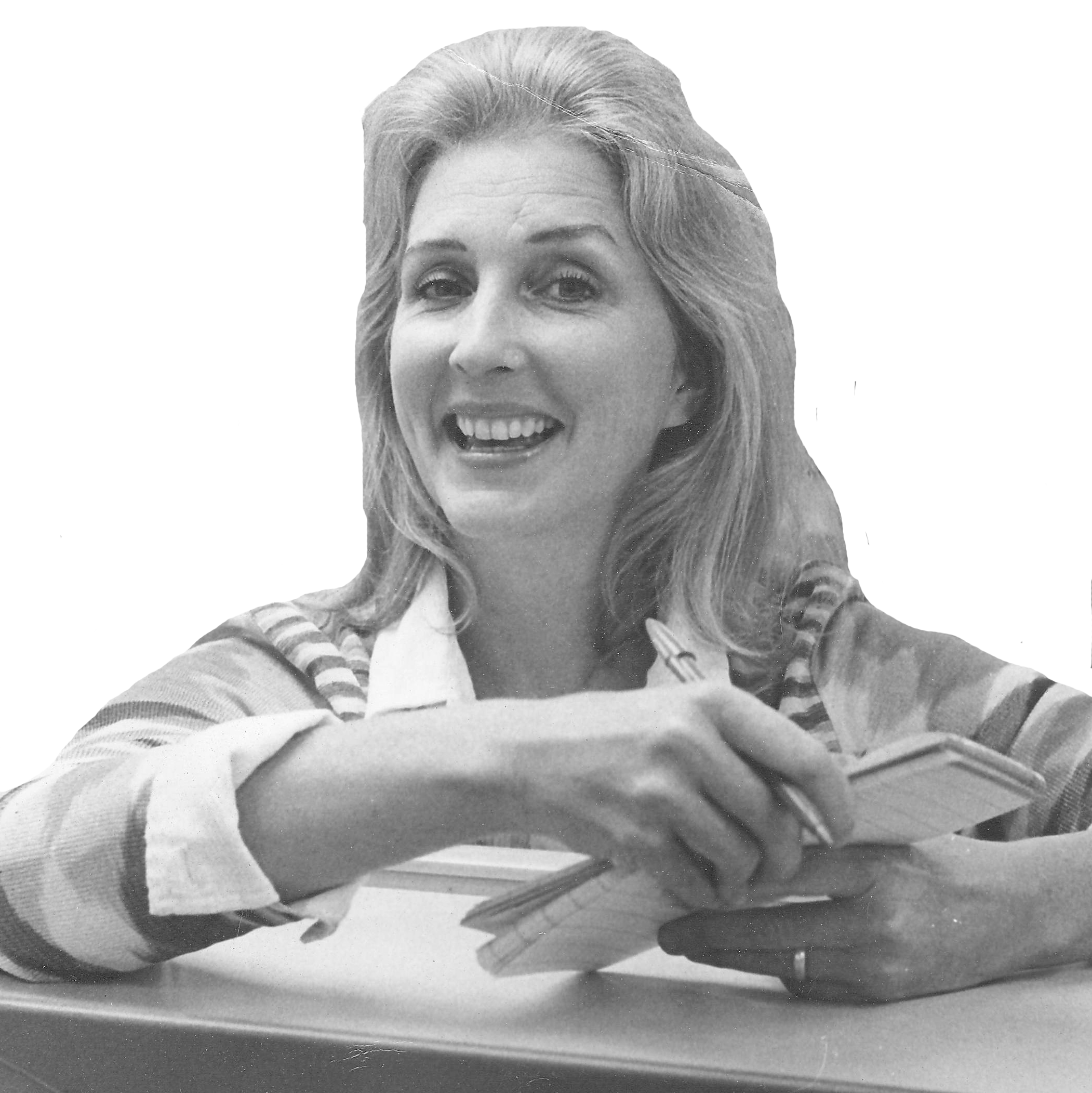 Joan Ryan
Joan Ryan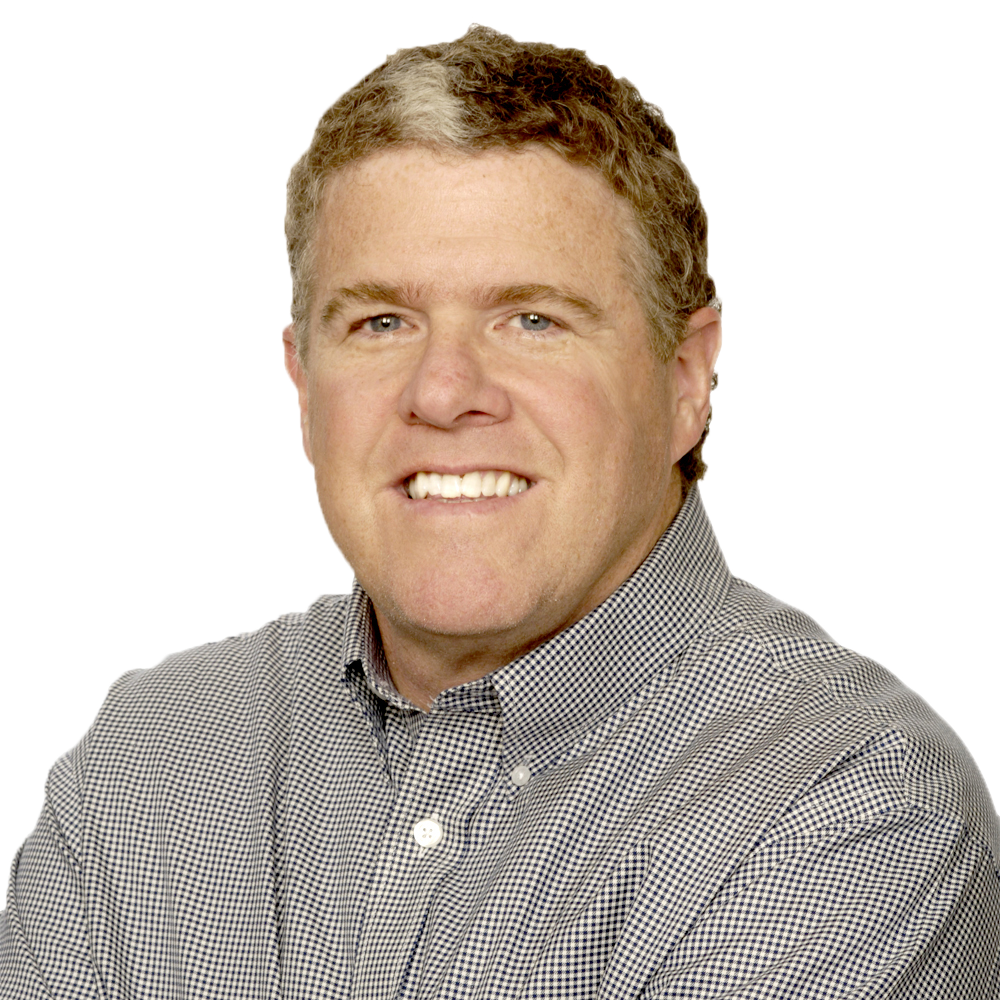 Peter King
Peter King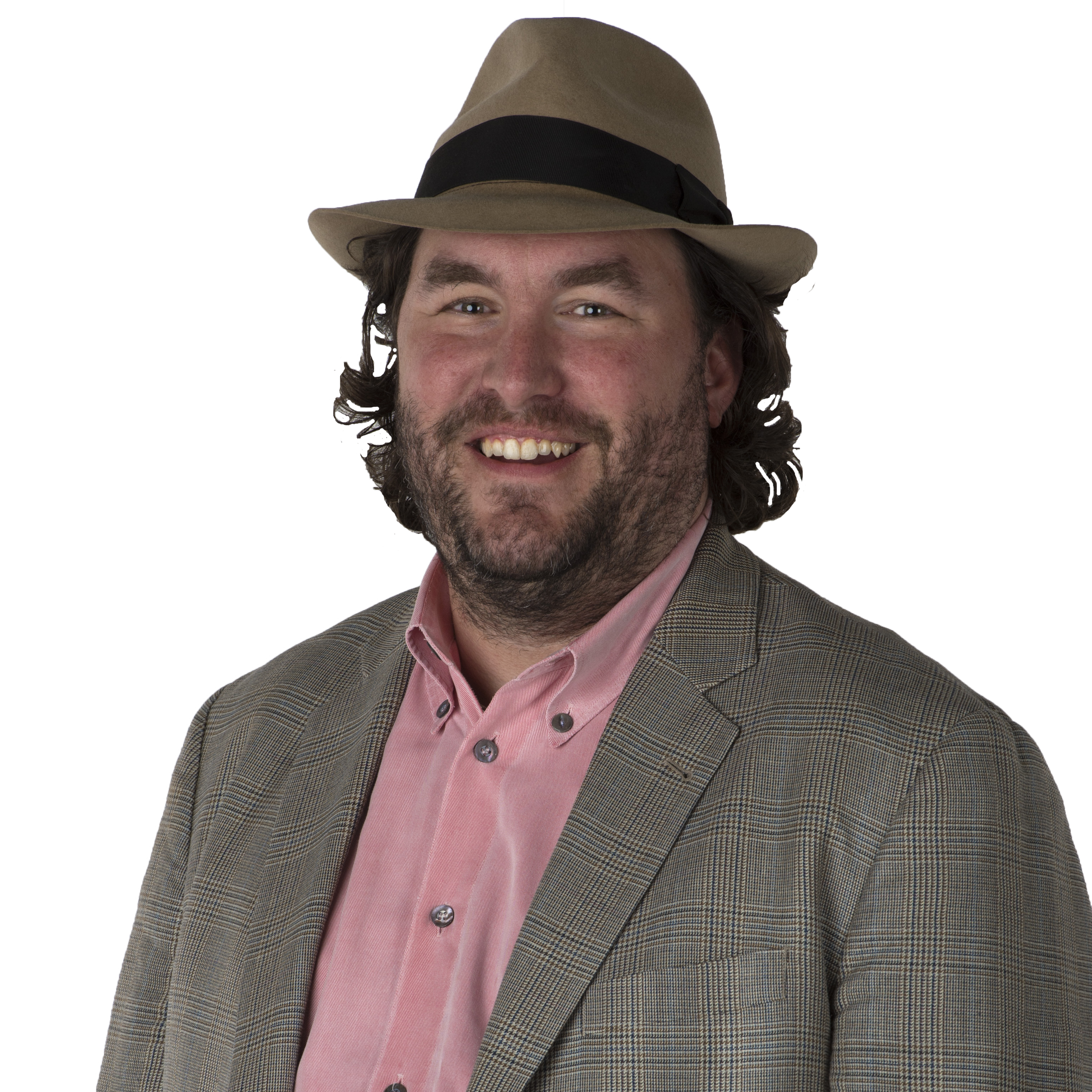 Wright Thompson
Wright Thompson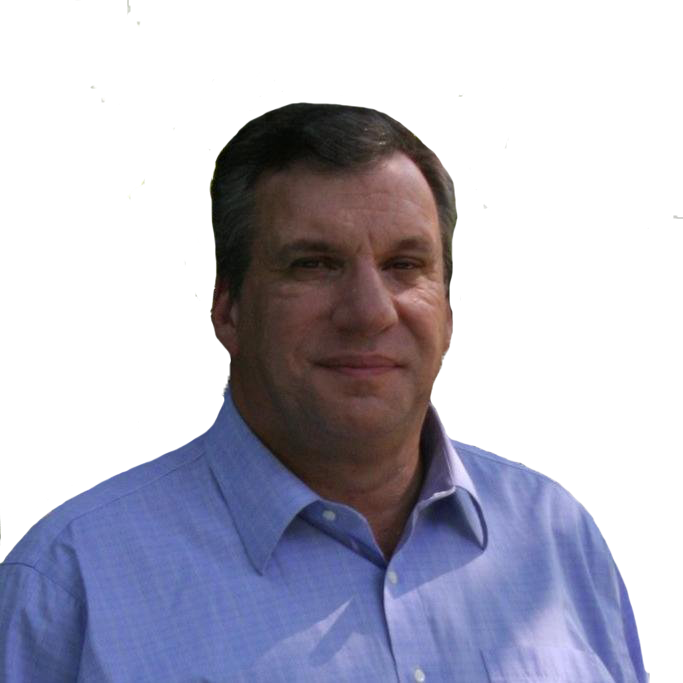 John Feinstein
John Feinstein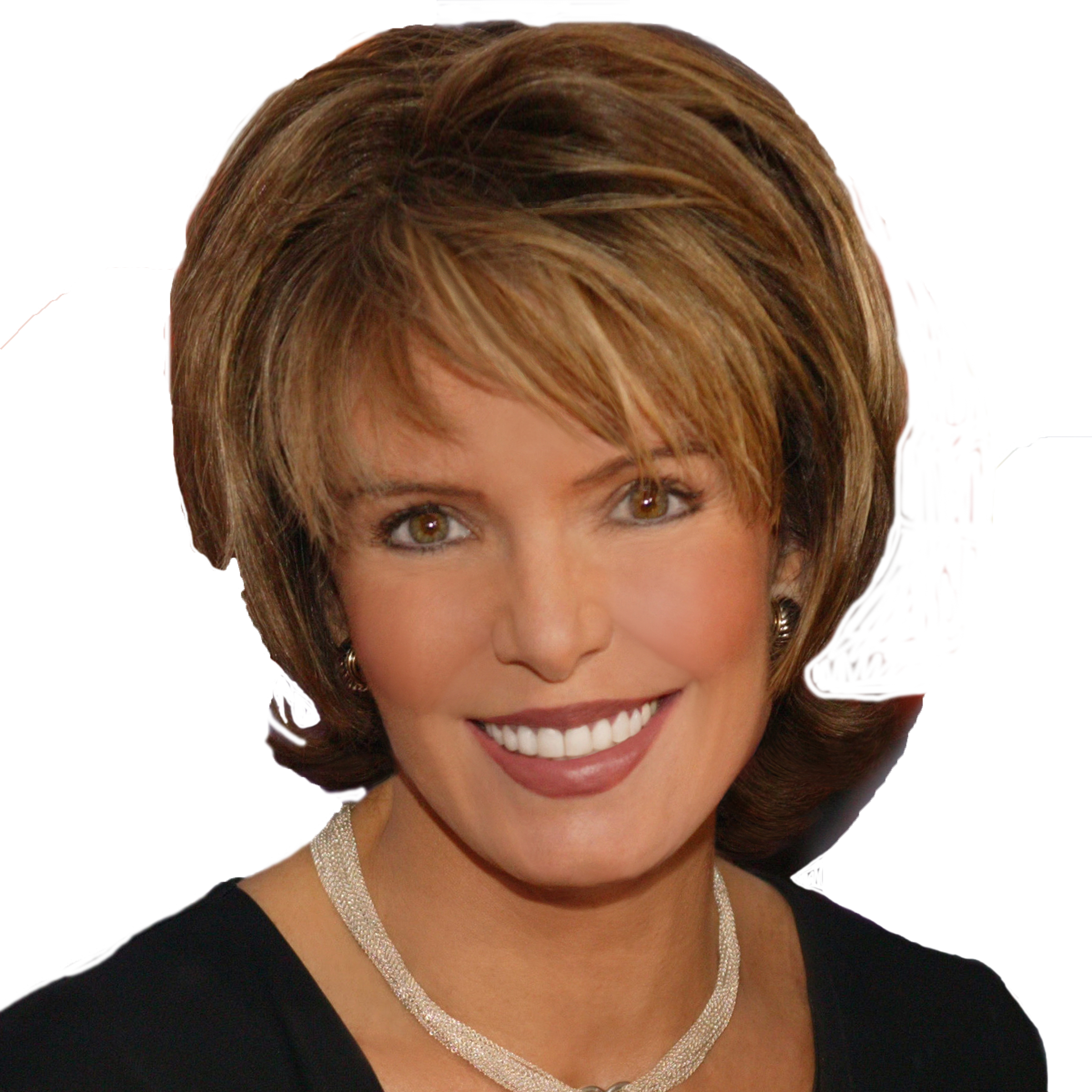 Lesley Visser
Lesley Visser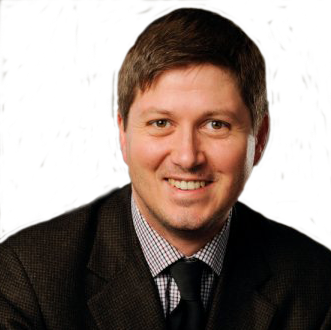 Will Leitch
Will Leitch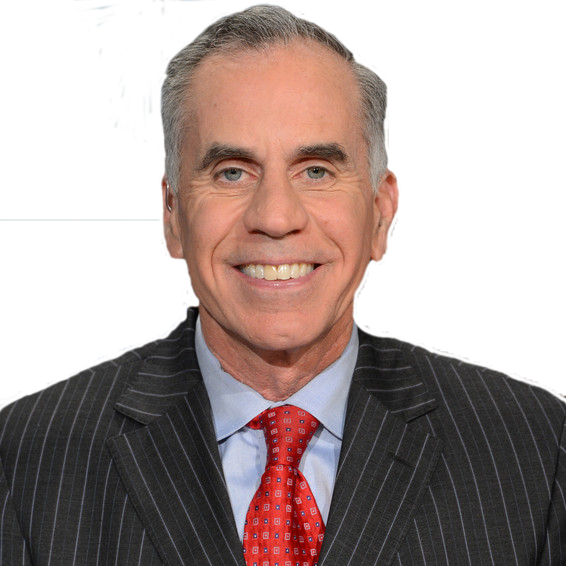 Tim Kurkjian
Tim Kurkjian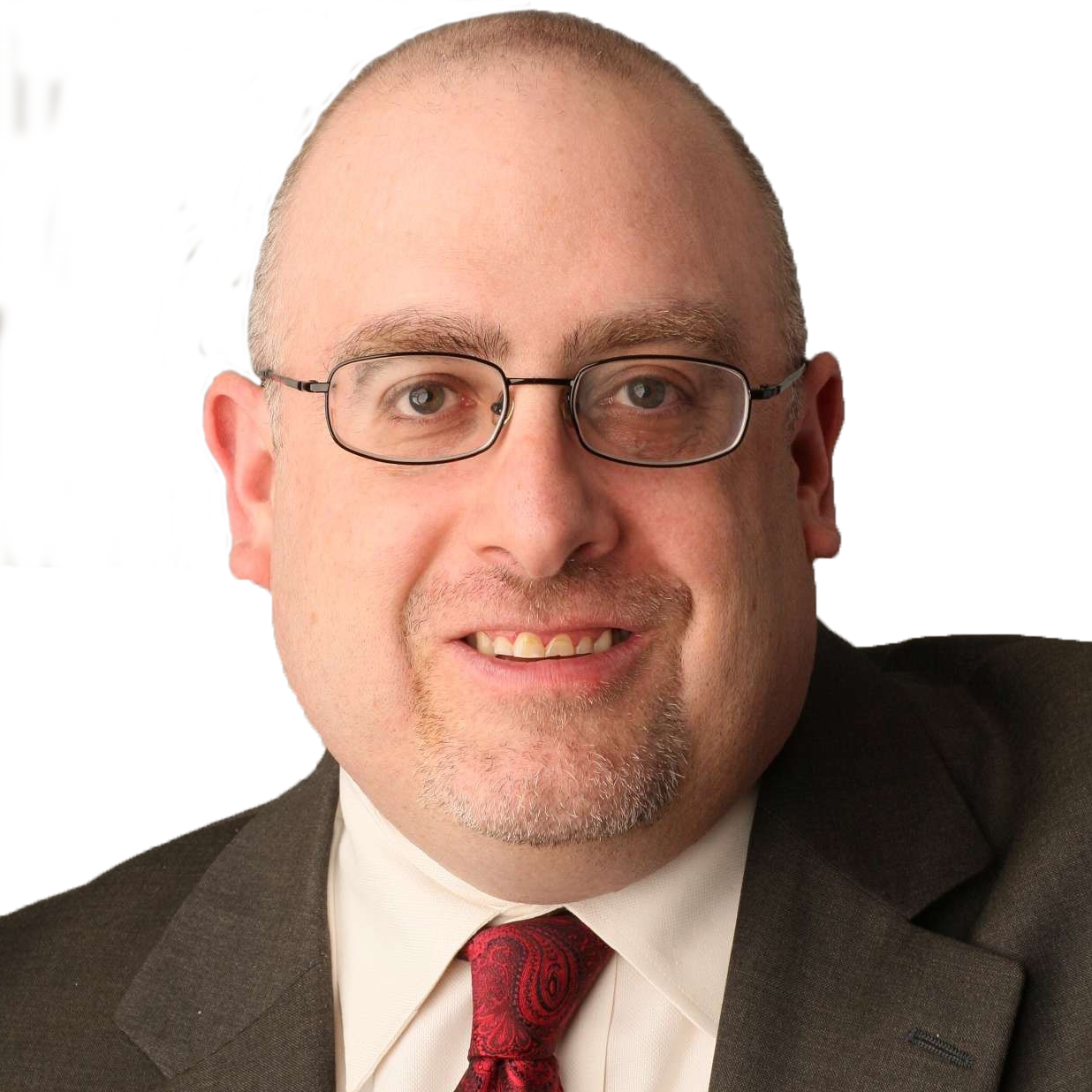 Joe Posnanski
Joe Posnanski Adam Schefter
Adam Schefter Terry Taylor
Terry Taylor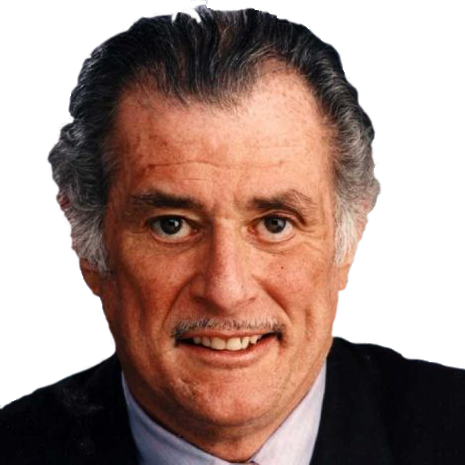 Frank Deford
Frank Deford Tom Boswell
Tom Boswell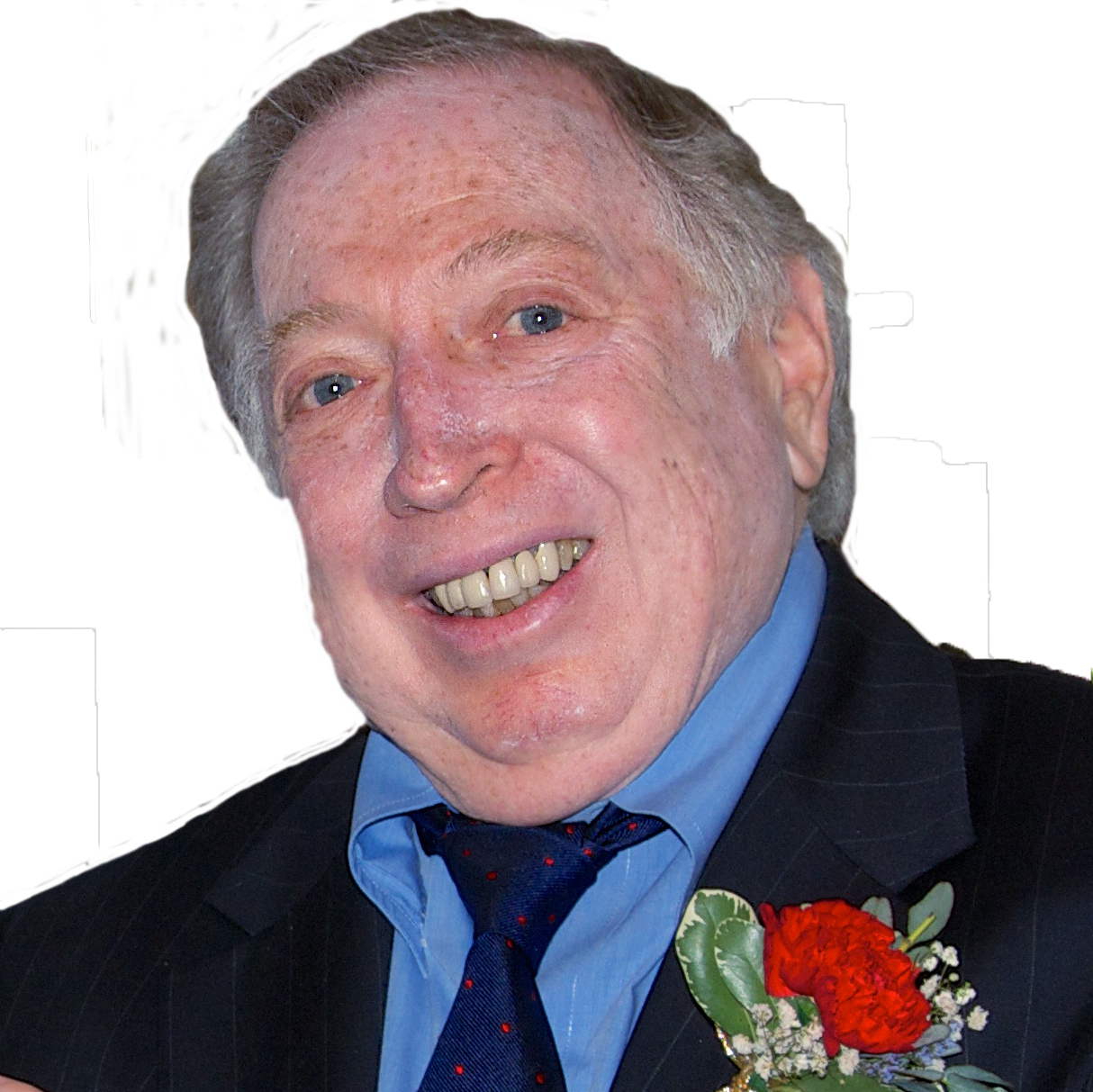 Neil Leifer
Neil Leifer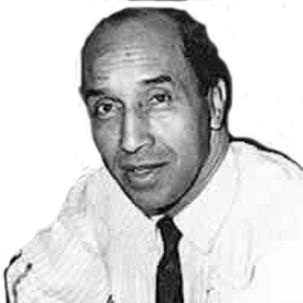 Sam Lacy
Sam Lacy Jane Leavy
Jane Leavy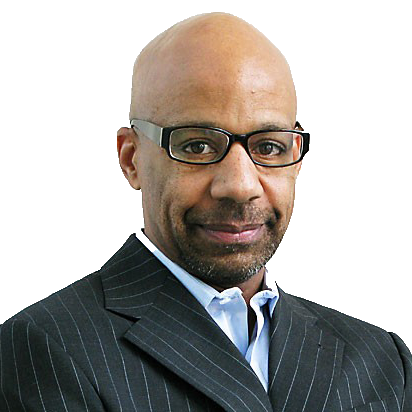 Kevin Blackistone
Kevin Blackistone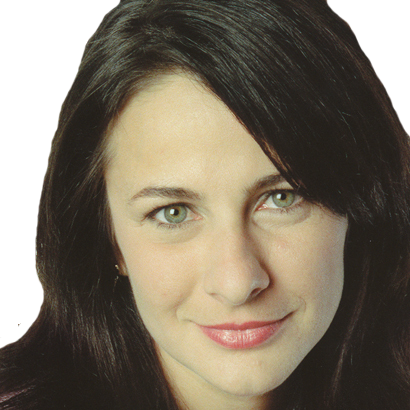 Juliet Macur
Juliet Macur Andrew Beyer
Andrew Beyer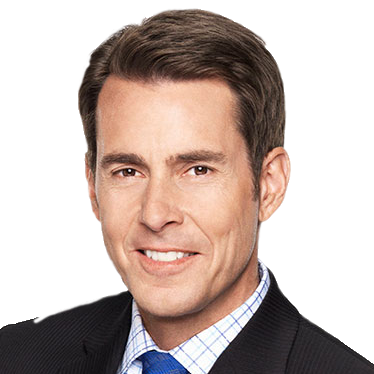 Tom Verducci
Tom Verducci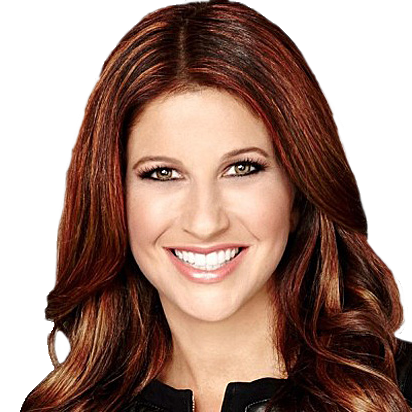 Rachel Nichols
Rachel Nichols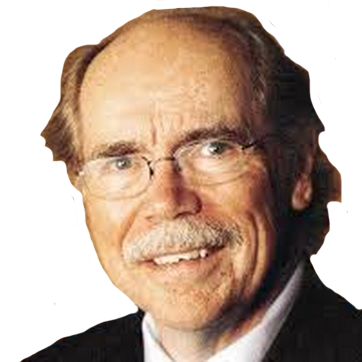 Dave Kindred
Dave Kindred Mike Lupica
Mike Lupica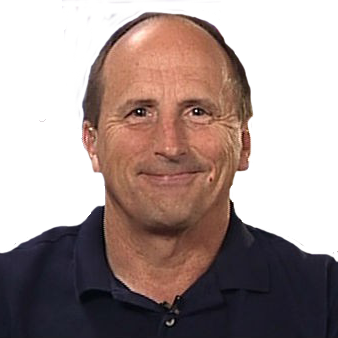 Richard Justice
Richard Justice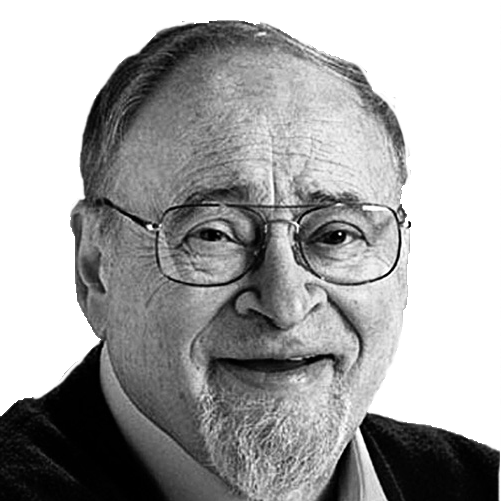 Jerry Izenberg
Jerry Izenberg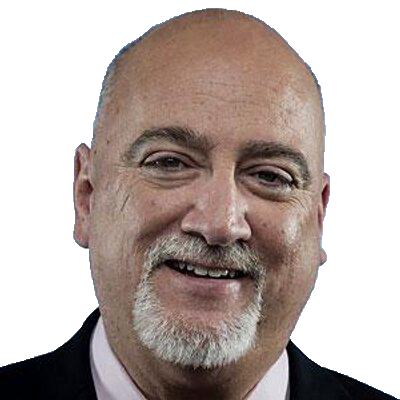 Bill Plaschke
Bill Plaschke Kevin Van Valkenburg
Kevin Van Valkenburg George Vecsey
George Vecsey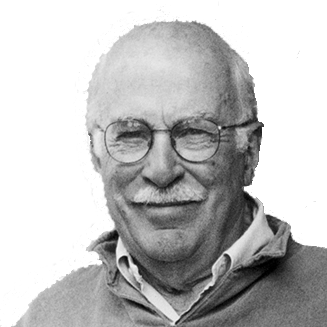 Roger Angell
Roger Angell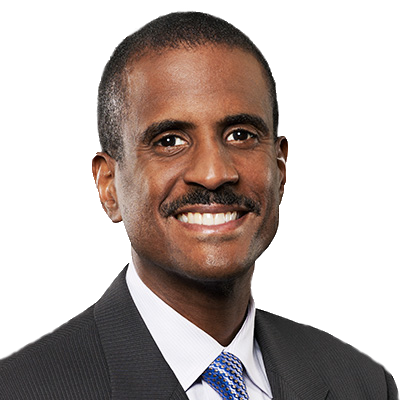 David Aldridge
David Aldridge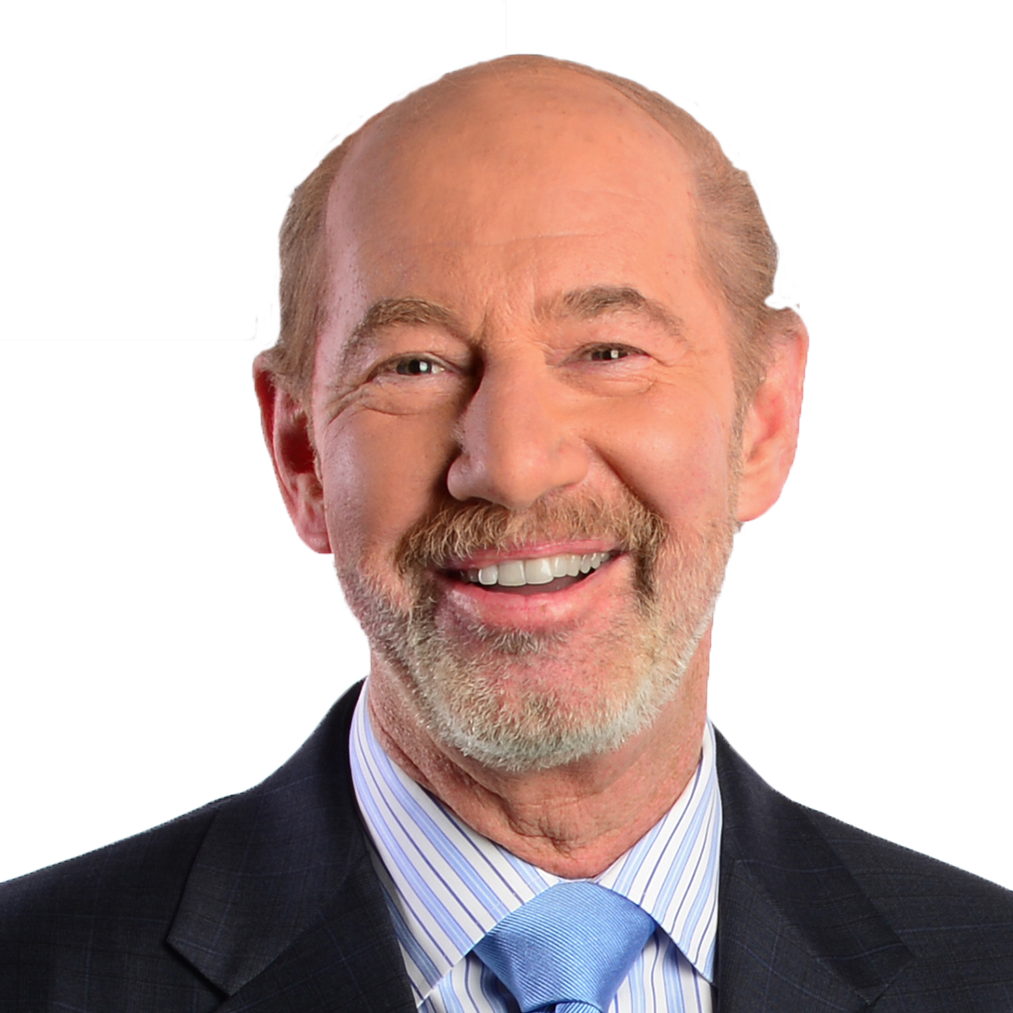 Tony Kornheiser
Tony Kornheiser Jackie MacMullan
Jackie MacMullan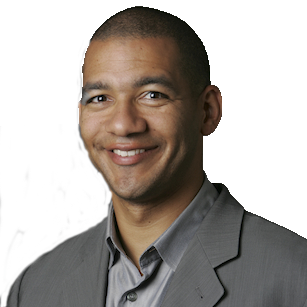 J.A. Adande
J.A. Adande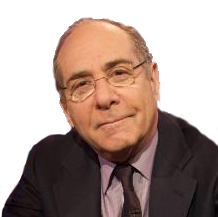 Robert Lipsyte
Robert Lipsyte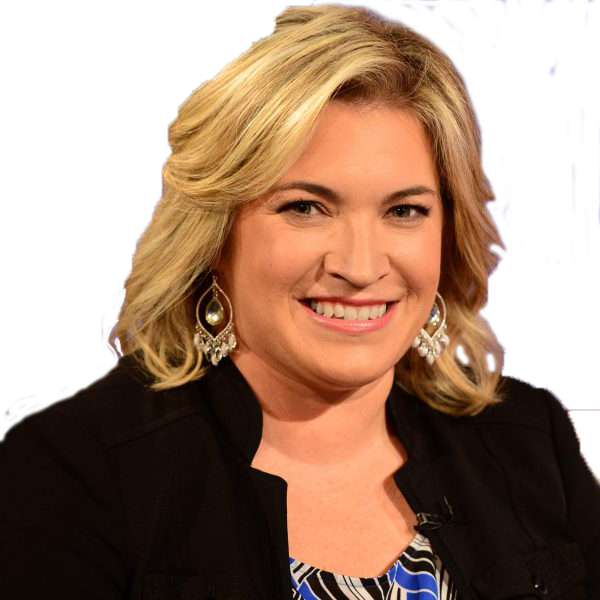 Ramona Shelburne
Ramona Shelburne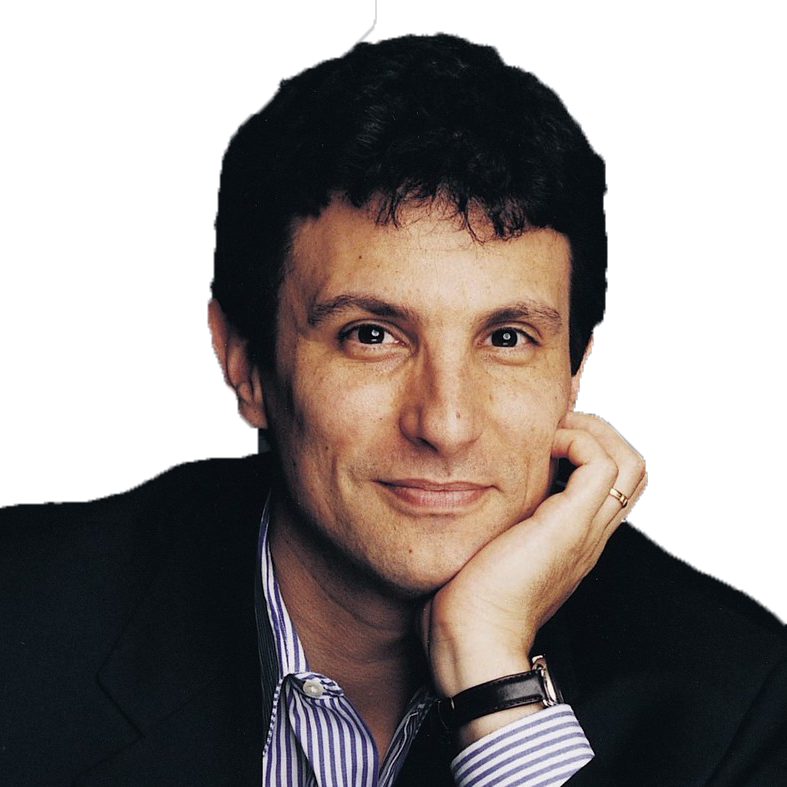 David Remnick
David Remnick Bryan Curtis
Bryan Curtis Chuck Culpepper
Chuck Culpepper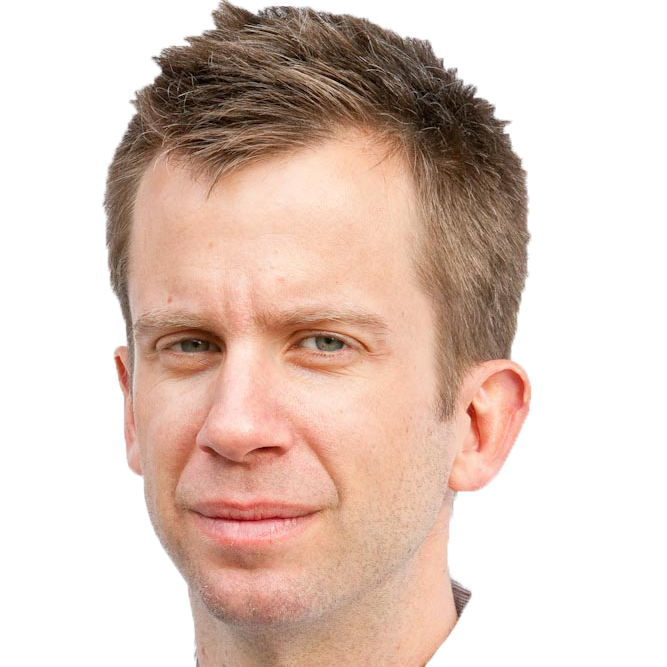 Jason Gay
Jason Gay Heidi Blake
Heidi Blake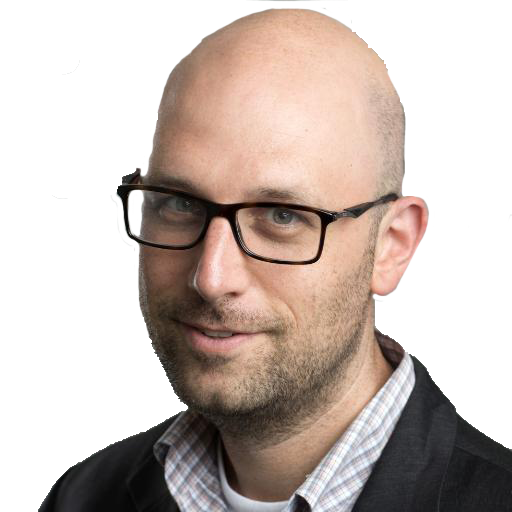 Dan Steinberg
Dan Steinberg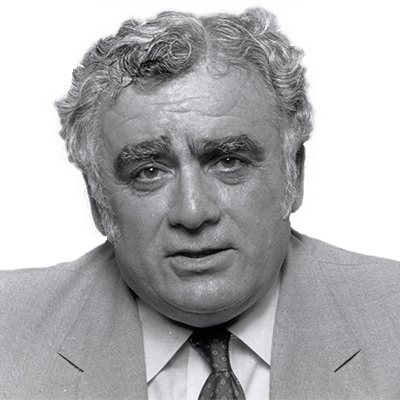 Jerome Holtzman
Jerome Holtzman Barry Svrluga
Barry Svrluga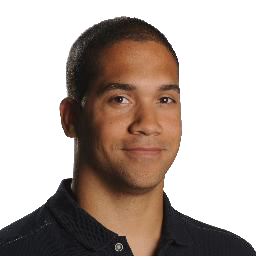 Robert Klemko
Robert Klemko
